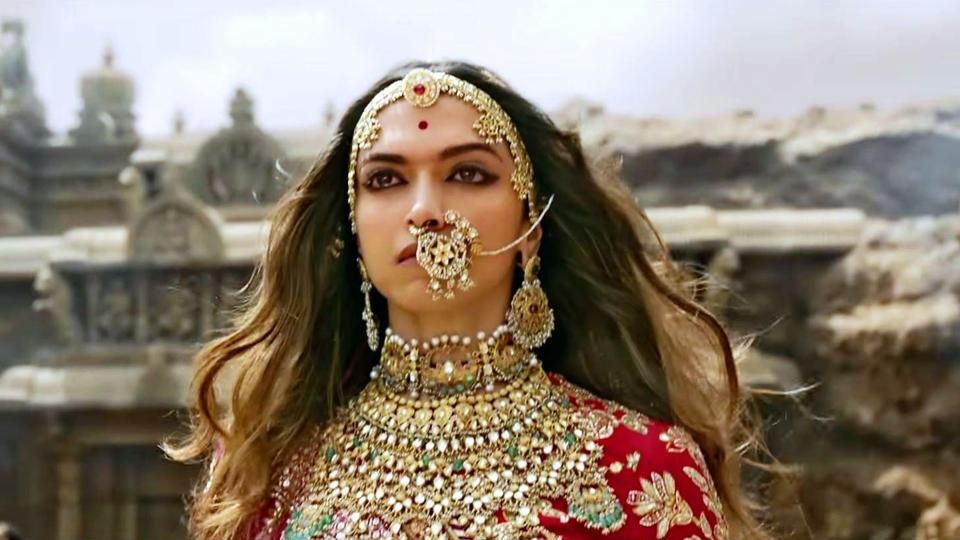For Everyone Criticizing Sanjay Leela Bhansali For Glorifying Jauhar In Padmaavat, The Director Has The Perfect Response For You!

Director of controversial film, Padmaavat, Sanjay Leela Bhansali has shared his understanding of why the lead character in the film committed jauhar at the end. According to him, it was an act of war, carried out by the women.
In an interview to Mid-Day the director said Rani Padmavati, played by Deepika Padukone , decided to wage her own war on the enemy (Alauddin Khilji, played by Ranveer Singh ) by committing jauhar. “Jauhar, in this context, is an act of war. Our men have died on the battlefield, but the war doesn’t end there. They believe that the Rajputs have been vanquished. But, the women wage the [final] war,” he said.
Padmaavat tells the story of Padmavati, who commits jauhar, an act of self immolation, with a thousand other women upon learning that they will all be captured by Khilji and his forces. The portrayal of the act has earned criticism from several film critics, viewers and other fellow Bollywood artists such as Swara Bhaskar. Swara recently wrote an open letter to Bhansali, saying how his film made her feel as if her entire being is ‘reduced to a vagina’ and how women have a right to live even if they are raped.

Like many who did not agree with Swara’s opinion, Sanjay also said the decision was Padmavati’s to make. “They decide that not a single woman or child would be subjugated to rape, or violation. That’s what happened then. So, are people questioning Padmavati’s decision?,” he said.
“This film is based on a story in which the character performs jauhar. The character doing so was convinced that it was an act of war. I feel it’s an empowering thought. She didn’t allow the enemy to win. It was a victory of dignity and honour. This is what transpired, and I can’t question her. In those days, when there was no solution, harakiri [method of suicide] was prevalent. I can’t question it. It is like asking why the Taj Mahal was made when the money spent in doing so could have been used for charity. Some will stand for it, some against it,” he said.
The director said it is healthy to debate art but one must not impose their opinions on him. “And that is okay, because any work of art should be debated. But don’t oppose my authority to make what I want to, or to narrate it in a particular way. No one is compelled to agree with everything that I have said. As long as we agree disagree, and the work is thought provoking, it’s wonderful,” he added.
Padmaavat has been in trouble ever since it began shooting in early 2017. Outfits such as the Karni Sena demanded a ban on hearing rumours of an alleged dream sequence between the sultan and the queen, ‘misrepresentation of history’ and ‘disrespect towards the Rajput community’. Its December 1 release was postponed to January 25 due to the turmoil all over the country.
Rajasthan, Haryana, Gujarat and Madhya Pradesh state governments had also installed a ban on the film until the Supreme Court paved the way for the film’s release across India. Even then, theatre associations refused to screen the film in the four states.
In the rest of the states across the country, the film opened to mixed reviews but a positive reception among the viewers.Most theatres in Delhi, Mumbai and other cities saw heavy police security after a school bus was attacked in Gurugram a day before the film’s release.





